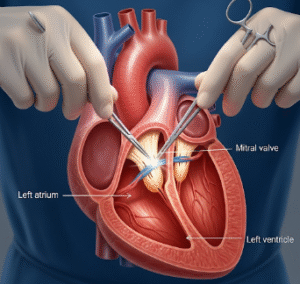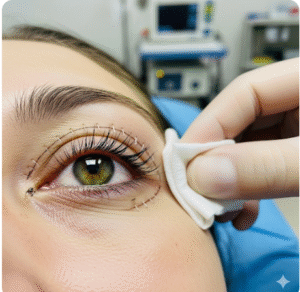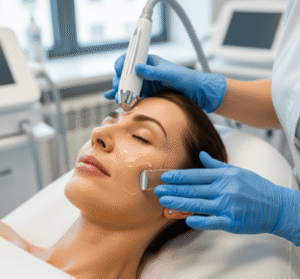Overview
Conversion disorder, also known as functional neurological symptom disorder, is a mental health condition in which psychological stress manifests as physical symptoms. Patients may experience neurological-like symptoms, such as paralysis, tremors, or non-epileptic seizures, without any identifiable medical cause. While the symptoms are real and distressing, they are not caused by structural or biochemical abnormalities.
What is Conversion Disorder?
Conversion disorder involves the unconscious expression of psychological stress through physical symptoms. These symptoms can affect voluntary motor or sensory functions and often mimic neurological disorders, such as stroke or epilepsy. The exact cause is not fully understood, but it is believed to involve complex interactions between the brain, emotions, and stress responses.
Symptoms
Symptoms can vary widely, but commonly include:
- Weakness or paralysis of a limb or body part
- Tremors, shaking, or abnormal movements
- Non-epileptic seizures or convulsions
- Speech difficulties (mutism or slurred speech)
- Blindness or visual disturbances
- Numbness or loss of sensation in certain areas
- Gait disturbances (difficulty walking)
Causes
- Psychological stress or trauma (emotional or physical)
- Anxiety or depression
- Childhood abuse or neglect
- Major life changes or conflicts
- Personality traits that predispose individuals to somatization
Risk Factors
- Female gender (more commonly diagnosed in women)
- History of mental health conditions, such as anxiety or depression
- Past traumatic events or severe stress
- Low social support or ongoing interpersonal conflicts
- Previous conversion disorder episodes
Complications
- Functional disability affecting daily life, work, or school
- Emotional distress, anxiety, or depression
- Social withdrawal and strained relationships
- Chronic or recurrent symptoms if untreated
- Misdiagnosis leading to unnecessary medical procedures
Prevention
- Early recognition of stress and emotional difficulties
- Psychological counseling or therapy for at-risk individuals
- Stress management techniques, including relaxation exercises
- Strong social and family support
- Prompt treatment of mental health conditions
Treatment Options in Korea
South Korea provides multidisciplinary care for patients with conversion disorder, integrating neurology and mental health services.
- Diagnosis
- Neurological evaluation to rule out organic causes
- MRI, CT scans, and EEG to exclude structural or seizure disorders
- Comprehensive psychiatric assessment
- Psychotherapy
- Cognitive-behavioral therapy (CBT) to address underlying stress
- Trauma-focused therapy if abuse or trauma is involved
- Family therapy to improve support systems
- Medical and Supportive Care
- Symptom management for pain, tremors, or motor difficulties
- Physical therapy to restore normal movement and function
- Occupational therapy for daily activity adaptation
- Specialized Centers in Korea
- Severance Hospital, Yonsei University – Department of Psychiatry and Neurology
- Samsung Medical Center – Functional Neurological Disorders Clinic
- Asan Medical Center – Multidisciplinary Neuropsychiatric Programs
- Follow-up and Rehabilitation
- Regular psychiatric and neurological follow-up
- Stress reduction techniques and mindfulness programs
- Ongoing support for reintegration into daily life and work













